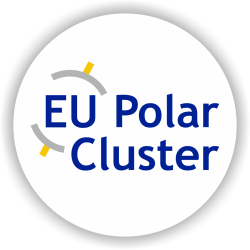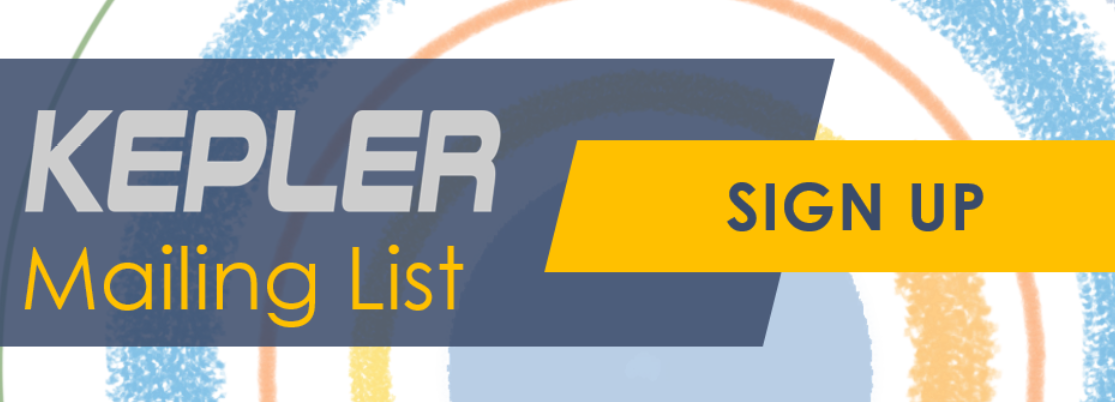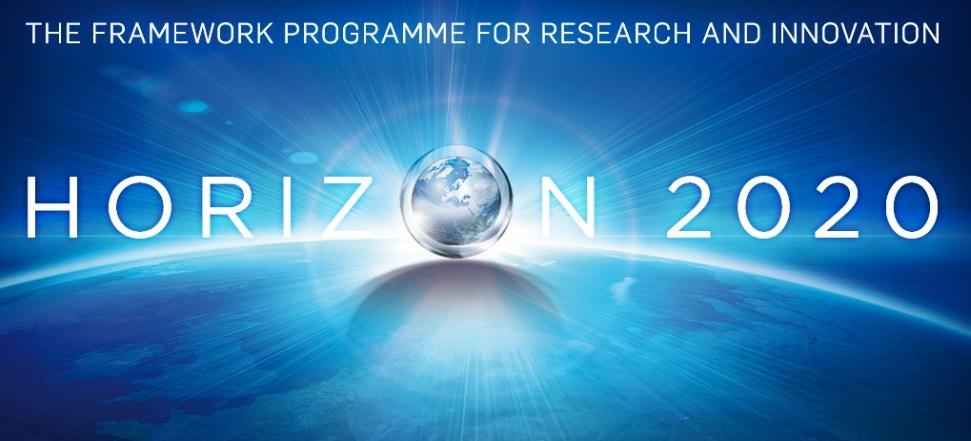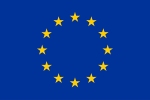| WP1 Stakeholder Needs and Network Coordination | Penelope Wagner |
| T1.1 Maritime and Research Sector Needs | Penelope Wagner |
| T1.2 Community-based Observing and Societal Needs | Tero Mustonen |
| T1.3 Climate and Weather Forecasting Needs | Helge Goessling |
| T1.4: Overall assessment of stakeholder needs | Penelope Wagner |
| |
| WP2 – Polar Regions provision in Copernicus Services | Gilles Garric |
| T2.1 Copernicus Land Monitoring Service (CLMS) | Marko Scholze |
| T2.2 Copernicus Marine Environment Monitoring Service (CMEMS). | Gilles Garric |
| |
| WP3 – Identification of research and capacity gaps | Carolina Gabarró |
| T3.1 In situ observing systems. | Jeremy Wilkinson |
| T3.2 New and novel in-situ and airborne observation sensors and techniques. | Nick Hughes |
| T3.3 Space-based capability. | Carolina Gabarro |
| T3.4 Integration and assimilation through Quantitative Network Design (QND). | Thomas Kaminski |
| |
| WP4 – Improved sea-ice mapping and forecasting | Steffen Tietsche |
| T4.1 Sea-ice mapping for maritime purposes. | Antti Kangas |
| T4.2 Monitoring sea-ice as an essential climate variable (ECV). | Thomas Lavergne |
| T4.3 Assess the scope for sea-ice forecast products. | Steffen Tietsche |
| |
| WP5 – End-to-end operational system | Frank Kauker |
| T5.1 Synthesis on the visions of the evolution of the Copernicus services. | Laurent Bertino |
| T5.2 End-to-end operational system roadmap. | Frank Kauker |
| |
| WP6 – Dissemination, training and engagement | Nick Hughes |
| T6.1 Establish an integrated communication plan. | Elaina Ford |
| T6.2 Communication tools | Elaina Ford |
| T6.3 Dissemination and exploitation | Nick Hughes |
| T6.4 Training | Cécile Thomas-Courcoux |
| T6.5 Best practice guide for research vessels and stations. | Jeremy Wilkinson |
| |
| WP7 – Management and coordination | Elaina Ford |
| T7.1 Project set-up and resources | Elaina Ford |
| T7.2 Project Reporting | Elaina Ford |
| T7.3 Financial Management | Per Helmer Skaali |
| T7.4 Programme Meeting Coordination | Elaina Ford |





